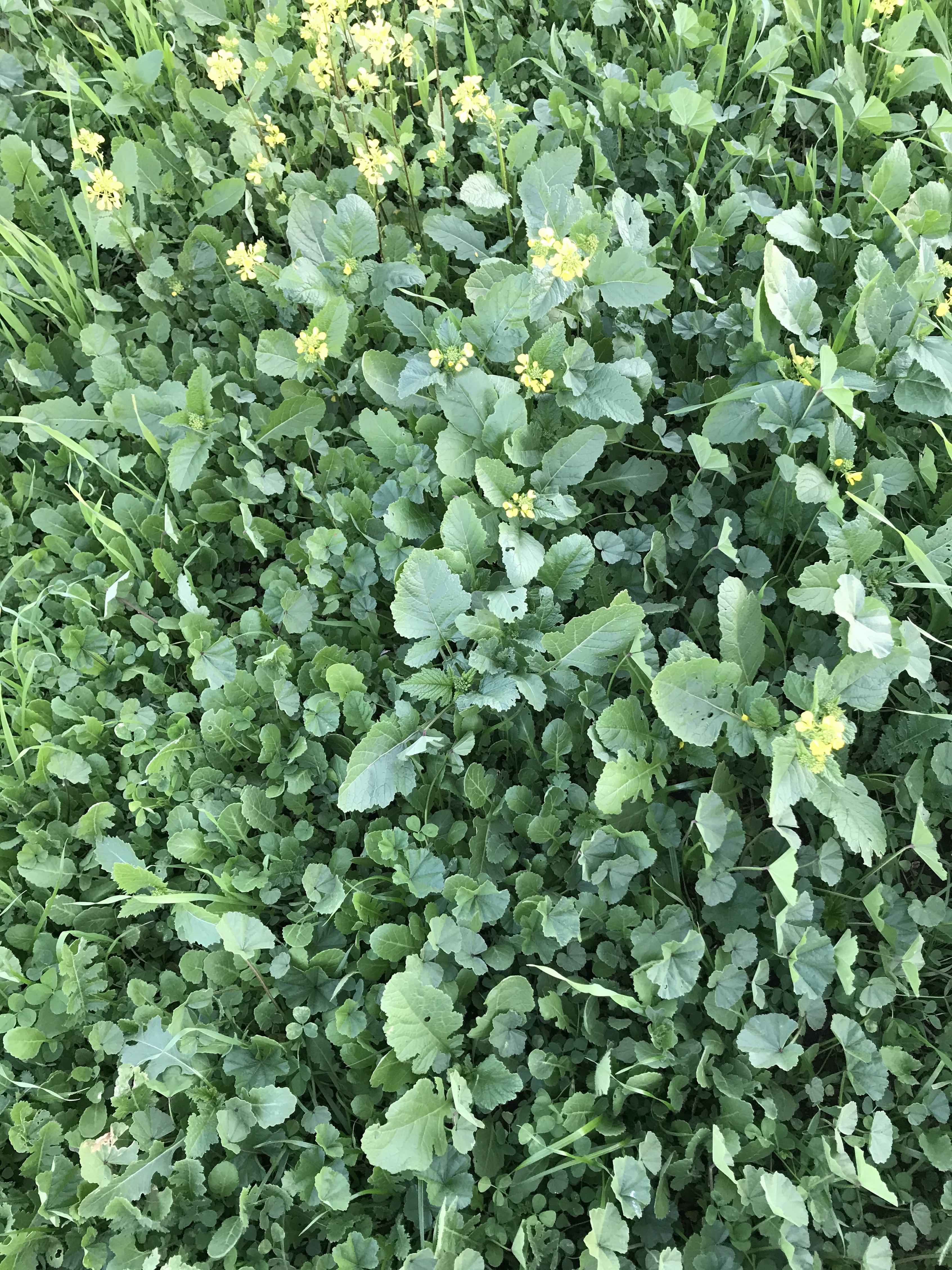Centro de Conferencias provides its guests with healthy and nutritious food.
In 2009, shortly after the Conference Center was opened, an on-site farm was established with the aim of producing organic vegetables without the use of chemicals that could damage the environment.
The farm now provides the Conference Center with nearly all its vegetables and greens, free from herbicides, insecticides or fungicides. On average, 28 tons of vegetables are delivered to the center’s kitchen every year.
Here are some of the main fundamentals of the agricultural production:
1. Diversity
The bigger the variety of plants, the better, since different kinds of plants use nutrients in different ways.
50 different types of vegetables are grown, some in the summer and some in the winter season.
The diversity of plants helps to attract a number of insects that control pests.
2. Healthy soil
Soils need bacteria, fungi, worms and numerous other organisms. Without toxic chemicals, it is possible to create a healthy soil where such organisms provide minerals from the soil to the plants in exchange for some of the food that these plants produce.
The beneficial organisms also help to keep harmful ones at bay.
3. Animals as part of a natural cycle
Domestic animals provide many of the nutrients needed to grow the vegetables, and the animals in turn eat much of the waste vegetables and leaves. In this way, the nutrients are recycled.
4. Compost recycles organic matter
Compost is another essential way of recycling nutrients. Animal manure is mixed with green and dried plant parts, shredded paper and charcoal dust.
One specific kind of compost is made by earthworms and applied directly to the irrigation water.
The compost systems have greatly changed the life in the soil, and thereby contributed to creating healthy plants that do not get sick or easily attacked by pests.
Economic sustainability
One could think that this organic production is more costly. But that is not the case. The farm sells its nutritious and organic vegetables to the center’s kitchen at prices corresponding to those of conventionally grown vegetables sold in stores in Ensenada.


